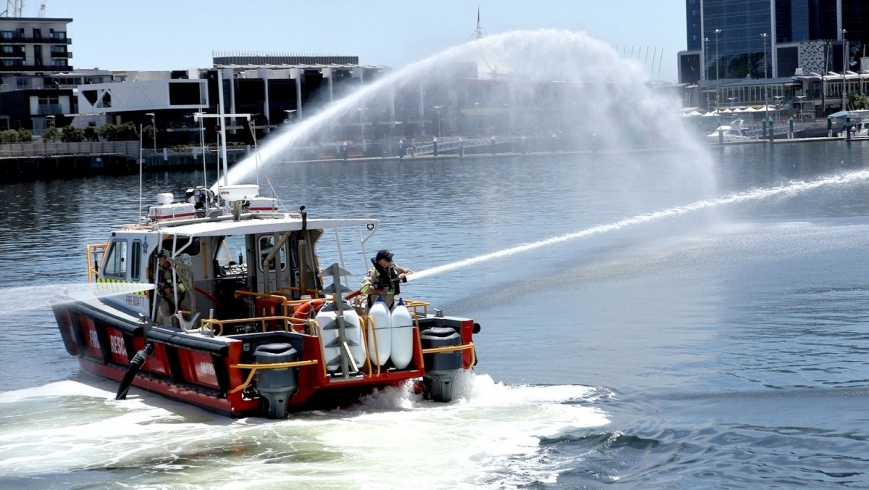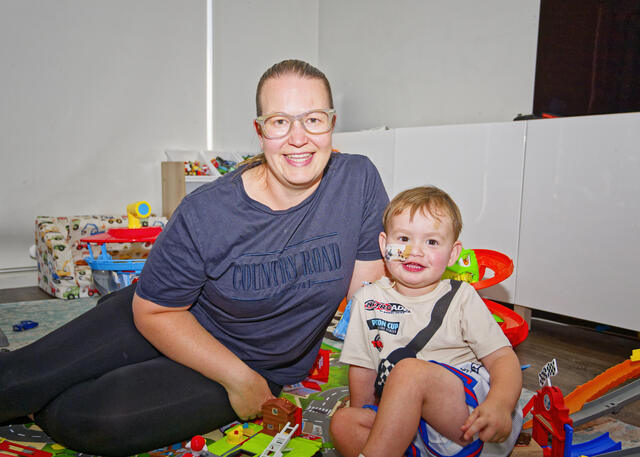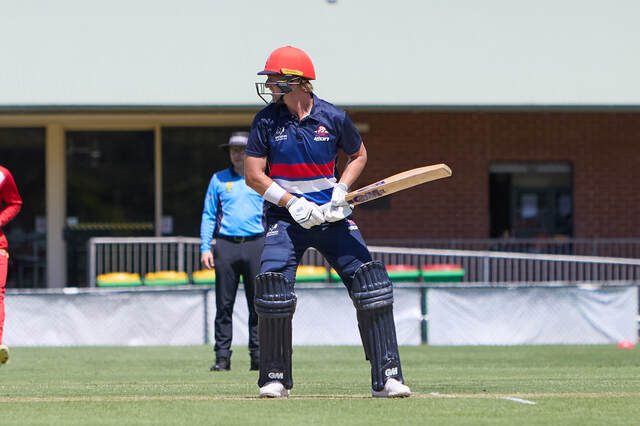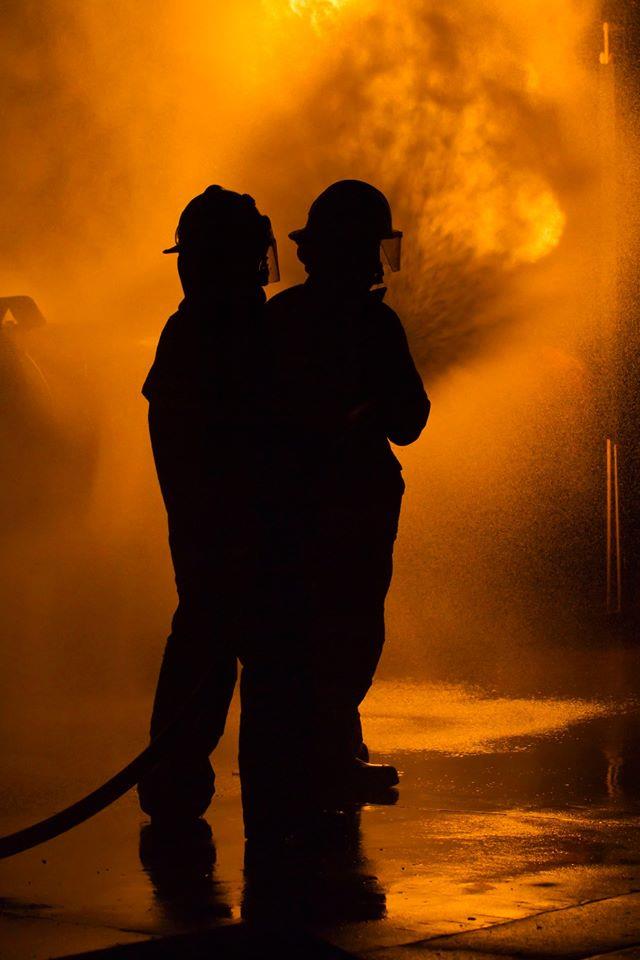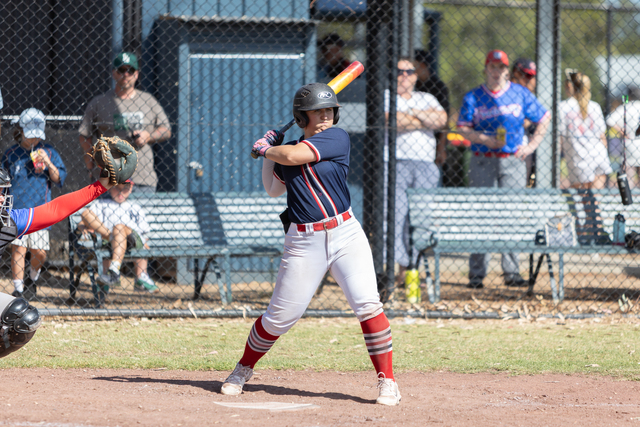Residents and businesses are being put at risk due to inadequate
firefighting capabilities at the port of Melbourne, according to an
experienced mariner.
Captain William Korevaar, who has 30 years’ experience in the
industry, including 20 as master on firefighting and emergency support
vessels, has written to Police and Emergency Services Minister Kim Wells
and WorkSafe warning of his concerns.
Williamstown MP Wade Noonan has told Parliament he has met Captain
Korevaar to discuss the risks associated with shipping tankers berthing
at Mobil’s major hazard facility at Point Gellibrand.
“Captain Korevaar’s very clear concern is that if there were to be
a major fire incident involving dangerous goods in the port, such as on
a tanker in the river, at Point Gellibrand, Holden Dock or Coode
Island, there would simply be inadequate capacity to control those fires
if shore-side resources could not gain access, failed or were
inadequate.”
In his letter to WorkSafe, Captain Korevaar stated that none of the four main tug boats in the port of Melbourne complied with Australian standards.
“Of even greater concern is that the Metropolitan Fire Brigade
(MFB) cancelled an agreement with towage providers for firefighting
support in June, 2013,” Mr Noonan said.
He said the lack of binding arrangements between the port of Melbourne and the MFB defied recognised industry standards.
Port of Melbourne Corporation head of corporate affairs, Peter Harry, said the MFB was a firefighting agency, unlike the PoMC.
“While we work closely with MFB on joint exercises etc, the MFB
are better placed than ourselves to determine what firefighting
resources might be necessary.”
Mr Noonan told the Weekly the revelations raised “very serious concerns” about the risks
associated with Williamstown’s Port Phillip Woollen Mill redevelopment,
where up to 800 new high-rise apartments and 2000 new residents would be
“just a few hundred metres from where 100,000-tonne tankers transfer
their hazardous cargo through Mobil’s tanks and pipelines”.
“These concerns have been raised separately with the Minister for
Planning on numerous occasions but, given his cavalier attitude, he refuses to engage in this issue.”
He cited “a near disaster” at the Point Gellibrand facility in
2009 when a cargo arm broke away from a ship in bad weather and spilled
crude oil directly into the bay.
MFB chief officer Shane Wright said he was confident that there were sufficient resources to manage fire risks in the port of Melbourne.

